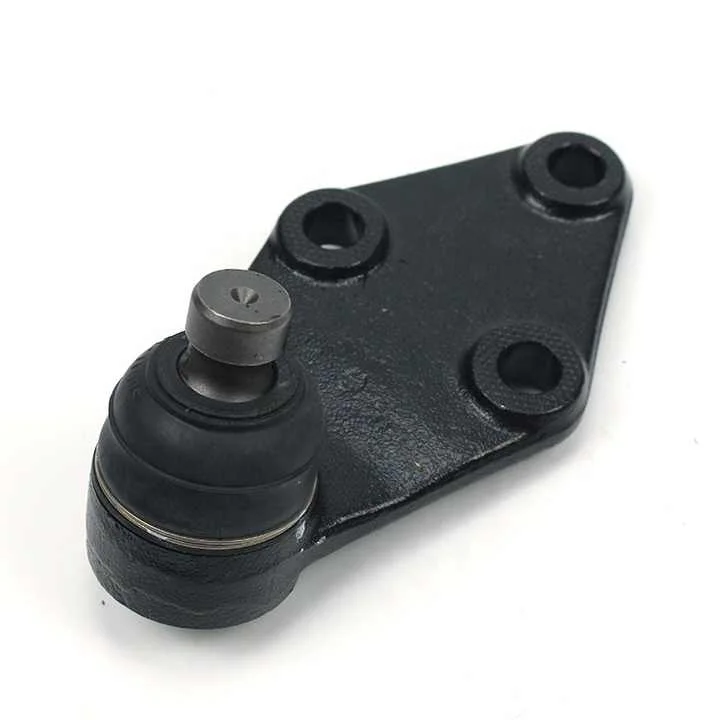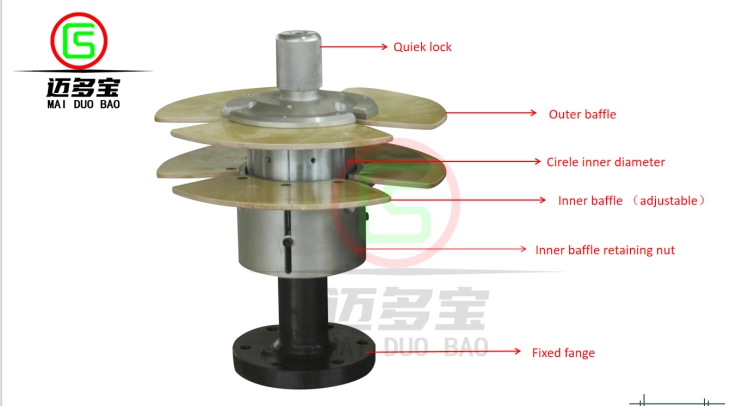When it comes to relocating or purchasing a vehicle across state lines, one of the most pressing questions that arises is: How much does it cost to ship a car from Texas to California? The answer is not as straightforward as one might hope, as several factors influence the overall cost of car shipping. In this article, we will delve into the various elements that contribute to the pricing, the different shipping options available, and tips to ensure a smooth and cost-effective shipping experience.
Understanding the Cost Factors
- Distance and Route: The distance between Texas and California is approximately 1,000 to 1,500 miles, depending on the specific locations involved. Longer distances typically incur higher costs due to increased fuel consumption and time. Additionally, the route taken can affect pricing; for instance, routes that are less traveled may have fewer available carriers, leading to higher rates.
- Type of Transport: There are primarily two types of transport methods for shipping a car: open transport and enclosed transport.
- Open Transport: This is the most common and cost-effective method, where your vehicle is loaded onto an open trailer along with other cars. Prices for open transport generally range from $800 to $1,200.
- Enclosed Transport: This method offers more protection, as vehicles are transported in a fully enclosed trailer. While this option is safer and ideal for high-value or classic cars, it comes at a premium, typically costing between $1,200 and $2,000.
- Vehicle Size and Weight: The size and weight of your vehicle can significantly impact shipping costs. Larger vehicles, such as SUVs and trucks, may incur additional fees due to their weight and the space they occupy on the transport trailer. Standard sedans usually fall into the lower price range, while oversized vehicles can add $100 to $300 to the total cost.
- Seasonality: The time of year can also influence shipping costs. Peak seasons, such as summer and the end of the year, often see increased demand for car shipping services, leading to higher prices. Conversely, shipping during the off-peak seasons may yield more competitive rates.
- Pickup and Delivery Locations: The specific pickup and delivery locations can affect pricing as well. Urban areas typically have more transport options and competitive pricing, while rural areas may require additional fees due to the limited availability of carriers. If your vehicle needs to be picked up or delivered to a remote location, expect to pay more.
- Insurance and Additional Fees: Most car shipping companies include basic insurance coverage in their quotes, but it’s essential to understand the extent of this coverage. Additional insurance can be purchased for added peace of mind, especially for high-value vehicles. Furthermore, be aware of potential additional fees, such as fuel surcharges or tolls, which may not be included in the initial quote.
Choosing the Right Shipping Company
When selecting a car shipping company, it’s crucial to conduct thorough research. Look for companies with positive reviews, transparent pricing, and a solid track record in the industry. Request quotes from multiple providers to compare prices and services. Ensure that the company is licensed and insured, as this protects you in case of any damage during transit.
Tips for a Smooth Shipping Experience
- Prepare Your Vehicle: Before shipping, clean your vehicle and remove any personal belongings. Document the car’s condition with photos to have a record in case of any disputes.
- Communicate Clearly: Provide accurate information about your vehicle and preferred pickup and delivery dates. Clear communication with the shipping company can help avoid misunderstandings and additional costs.
- Be Flexible: If possible, be flexible with your shipping dates. This can help you take advantage of lower rates during off-peak times.
- Understand the Terms: Read the shipping contract carefully. Ensure you understand the terms and conditions, including cancellation policies and what to do in case of delays.
Conclusion
Shipping a car from Texas to California can range from $800 to $2,000, depending on various factors such as transport method, vehicle size, and seasonal demand. By understanding these elements and conducting thorough research, you can make informed decisions that will lead to a successful and cost-effective car shipping experience. Whether you’re relocating, purchasing a vehicle, or sending a car to a loved one, being well-prepared can save you time, money, and stress.






